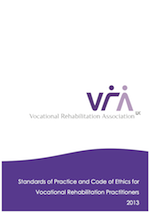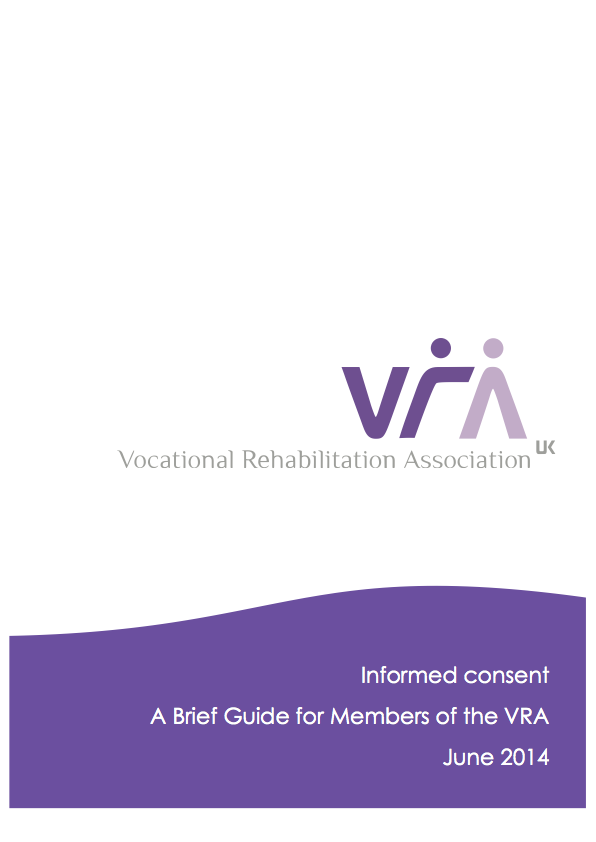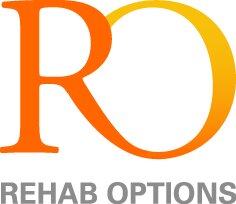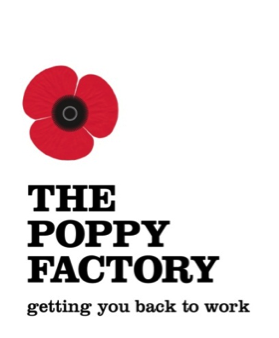VRA Standards Of Practice

An electronic copy of the VRA Standards Of Practice Document is available to download free.
Request Download Now
VRA Informed Consent Guide

An electronic copy of the VRA Informed Consent Guide is available to download free.
Healthy Work Conversations: up-streaming work for health
A team from the University of Salford are working with a range of health and social care practitioners, including Allied Health Professionals and Psychological Practitioners to encourage a proactive and upstream approach to facilitating ‘work’ or ‘other meaningful occupation’ outcomes early on in routine practice.
So far, a training programme has been delivered for 185 practitioners from the Greater Manchester region as part of the Greater Manchester Public Health Network’s (GMPHN) Work for Health programme.
GMPHN secured funds from Health Education North West for the training programme and commissioned the University of Salford to lead on its development and delivery. The training is supported by the Centre for Professional Workforce Development, the Allied Health Practitioners Network and the Psychological Professions Network.
Developed on behalf of the 10 Greater Manchester Councils’ Directors of Public Health by GMPHN, Work for Health is designed as an enabler of system change and aims to reshape Health Services to integrate work as part of a patients treatment plan. Its focus is on speeding up recovery time and helping patients better manage their health conditions (mental and physical) and to help people to stay in work. It was piloted in three local authorities in Greater Manchester (GM) and is currently being mainstreamed across the GM footprint. The Healthy Work Conversations training is a key component of the Work for Health programme.
Work for Health adopts a holistic definition of work to include not only labour market participation but other meaningful occupation e.g. volunteering and caring. Work is a determinant of our health and as such is a public health priority. The evidence indicates that the relationship between work and health is multi-faceted, but does support a view that ‘good’ work is generally good for our health and well-being and can be an important component of rehabilitation.
GMPHN gathered primary insight, which revealed that individuals make decisions to stay in work or return to work very early on following illness or injury and that the decision to stay in work is influenced by family, friends and a range of health and social care practitioners, who are well placed to provide anticipatory advice and support. Research findings from the both the University of Salford and GMPHN suggests that practitioners still feel uncertain when addressing work in their initial assessments and when they do they don’t carry assessment findings forward into the planning process or make work an explicit health outcome. Some of the practitioners (from both physical and mental health settings), who attended the training were unsure whether this constitutes part of their remit or whether it was the preserve of a specialist in occupational health. Evidence suggests that a lack of confidence in having discussions around work and health can lead to vague and over-cautious advice given to clients.
A key strand of Work for Health is to encourage all practitioners to have early Healthy Work Conversations so the team from the University of Salford developed the training programme based on the Psychosocial Flags Framework and a stepped approach to identifying and addressing potential obstacles and facilitators that may impact on work-related health outcomes. The training also considers the use of appropriate language and strategies to support clients in communicating with their employers and other health and social care professionals in a positive and constructive way, along with strategies to encourage and facilitate self management and problem solving. Consideration is also given to those service users who may never have worked or believe that work is no longer an option for them: looking at ways in which the practitioner might raise awareness of the benefits of work and help shift perceptions; considering readiness to enter the labour market or other meaningful occupation.
These Healthy Work Conversations might be brief interventions or may develop into more significant components of therapy and rehabilitation, according to the practitioner’s confidence, knowledge and context, but the key focus is on the ‘how’ rather than the ‘how much’.
University of Salford and GMPHN are working in partnership to set out the next steps for widening the reach of this training.
For further information please contact
, University of Salford

![]()
![]()
![]()

























